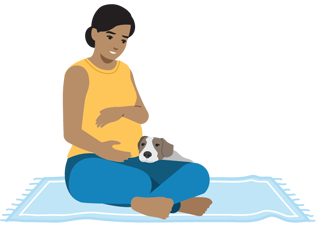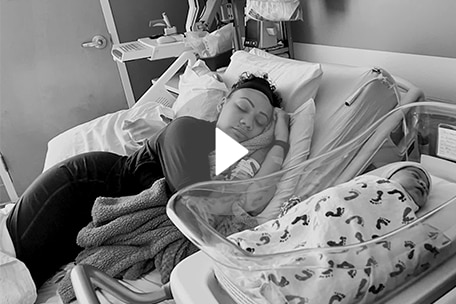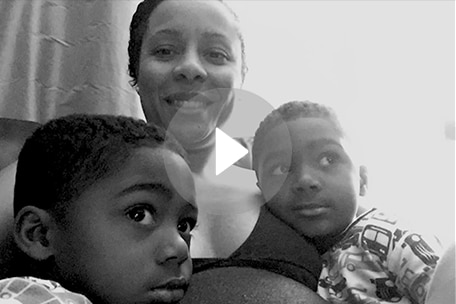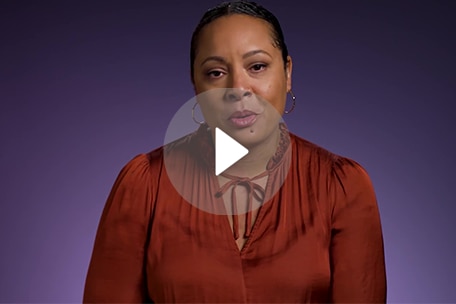Fluctuating hormones, physical changes, and everyday worries can trigger difficult emotions for some pregnant people. Just like your physical health, your mental well-being is important. For example, untreated depression can make it hard to eat well or make it to prenatal appointments. That can have a negative impact on the baby’s health.
If you’re feeling sad or overwhelmed, don’t wait to get help. Talk about your feelings with your family, friends, and doctors. At Kaiser Permanente, there’s no wrong person to turn to. Anyone on your care team can help guide you to a care option that’s right for you.
This is an important time to care for your mental health. Emotional challenges during and after pregnancy can make it hard to adjust to changes in your life — whether it’s too little sleep or difficulty feeding your baby. People who struggle with substance use or addiction can be especially vulnerable during this time. Getting support helps to keep you and your baby safe.



















